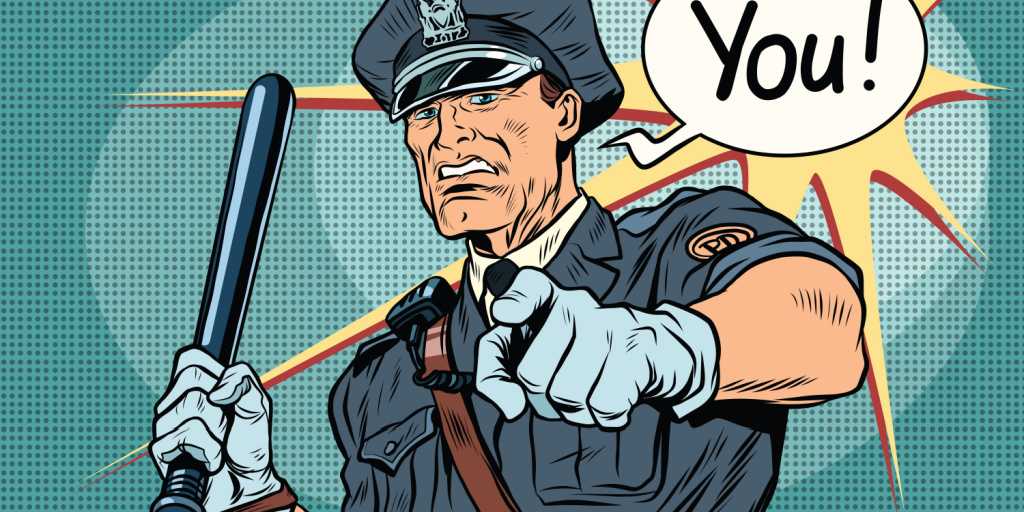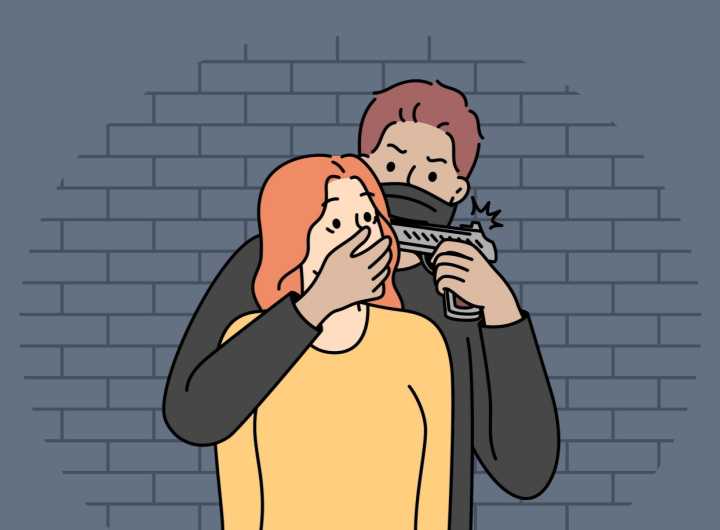Police Misconduct & How it May Affect Your Criminal Case in Arizona
Police misconduct make national headlines almost daily. Police beatings, shootings, and killings of citizens, and other misconduct seem to pop up every news cycle. See e.g. “Court Cases Now in Limbo in Wake of Memphis Police Abuses” New York Times, February 11, 2023; “After Another Police Killing in Chicago, We Need to Focus on Care Not Cops”; “Oakland Police Chief LeRonne Armstrong Fired”, NBC News, February 15, 2023
But what about all less spectacular acts of misconduct that don’t make news? Is this the tip of the iceberg? What about the police’s handling of run of the mill criminal cases like DUI’s and Domestic Violence cases? This blog discusses how in a typical criminal case such as a DUI or domestic violence police misconduct even if not resulting in grievous misfortune can sometimes provide a helpful remedy for the criminally accused.
The Advent of “Body Worn Cameras”
By 2023 most police departments in Arizona, including the Arizona Department of Public Safety, require police officers in the field to activate their Body Worn Cameras (BWC’s) anytime they are in official contact with public. This would mean nearly all routine traffic stops, or call outs on reports of misdemeanor domestic violence, loud parties, and the like. Most police departments have now enacted polices requiring their use, and the preservation of all video footage, on the basis that such recordings “promote transparency.”
The Fourth Amendment
The Fourth Amendment of the United States Constitution prohibits the police from arresting any person without “probable cause” that he or she has committed the crime arrested for. If further prohibits police stopping a person absent “reasonable suspicion.” While these are fairly low barriers, on surprising occasion, video footage will support our client’s position that there was “no reason” or at least no good reason to stop, detain or arrest our client. And we will file something called a “Motion to Suppress Evidence.”
The Exclusionary Rule & the Motion to Suppress Evidence
Most of what dominates the news concerning police misconduct, ends up in remedies through civil rights law suits for monetary damages, and through merit selection proceedings that often result in the termination of a police officer’s employment.
But in thousands of cases, where the defendant has been arrested, judges have fashioned a remedy for police misconduct that can and often does result in the dismissal or net reduction of a criminal case:
Judges sometimes sanction the police for misconduct in a particular criminal case by “excluding” evidence from that particular case, which often has the net result in making possible a dismissal of some or all of pending charges.
This applies where police have sometimes made an inadvertent error.
This is called the “exclusionary rule” and it is a powerful tool to wield at the right moment and in the right criminal case. The basic idea is that if a judge finds a certain level of unconstitutional misconduct he or she will “suppress” or exclude some, most, or all evidence, obtained as a result of misconduct so the prosecution cannot go forward or is severely hampered
For example, if police stopped you for a pathetically weak reason like an imaginary traffic “violation” that does not pass constitutional smell test, a judge may “suppress” or “exclude” all evidence that was the “fruit” of the illegal stop, even if their were drugs in the car, or even if you had drank too much before driving.
ARS § 13-3902
By way of another example, an Arizona statute forbids police from using “oppressive methods of any kind for the purpose of securing a confession or other evidence of guilt from an arrested person.” See ARS § 13-3902. For example if video reveals that police threatened you with arrest if you don’t perform certain “field sobriety tests” (I’ve seen this happen) or otherwise trick or coerce you, you may be able to convince a judge to “suppress” the evidence.
While it is true that often judges give police “the benefit of the doubt” in Arizona the burden falls squarely on the police to prove that their stop, detention and arrest was legal. And judges don’t like police misconduct.
Lange v. California
Similarly, in a recent United States Supreme Court case, the court held that it was improper for the police to chase a fleeing DUI suspect onto his own property (in this case his garage). See Lange. This case is worth looking at any time the police follow you to your home or gain entry to your garage or domicile.
What I mean to demonstrate here is that even were the misconduct doesn’t result in a civil rights suit, a careful examination of the ideo footage in your case, together with thorough discovery and good lawyering, may result in the unearthing of subtle misconduct that may merit the suppression of evidence in your case.
Conclusion
Police misconduct, or one sort or another occurs with surprising frequency, most of it never making the news. In criminal cases, the remedy for misconduct is asking a judge to “suppress” or “exclude” evidence from your case. This is possible even where the misconduct was not intentional or egregious, but nevertheless violated your constitutional rights to be free of unreasonable searches and seizures.
Recommended Articles

Arizona’s new sealing statute is a powerful way for people who have been charged or convicted of many common offenses, to be able to say “no” in many instances.

In Arizona, “Aggravated Assault” charged under ARS § 13-1204 is a Class Four Felony, and in some cases with mandatory prison.

DUI or domestic violence police misconduct even if not resulting in grievous misfortune can sometimes provide a helpful remedy for the criminally accused.

people are surprised by how outsized the consequences some misdemeanor convictions can be. collateral consequences—meaning all those hidden consequences.

For thirty years two federal laws prohibited all those convicted of misdemeanor domestic violence offenses from ever possessing firearms.

About Michael Harwin
Michael’s skill and experience have been recognized repeatedly. He holds an A-V 5/5 preeminent rating by Martindale Hubbell. He has been named one of the top lawyers in Arizona by Southwest Superlawyers, and one of the best lawyers in Tucson by Tucson Lifestyle Magazine. He also has been named one of the best lawyers in the United States by BestofUS.com , and given the highest rating possible by AVVO, 10/10 Superb. Amazon Books


